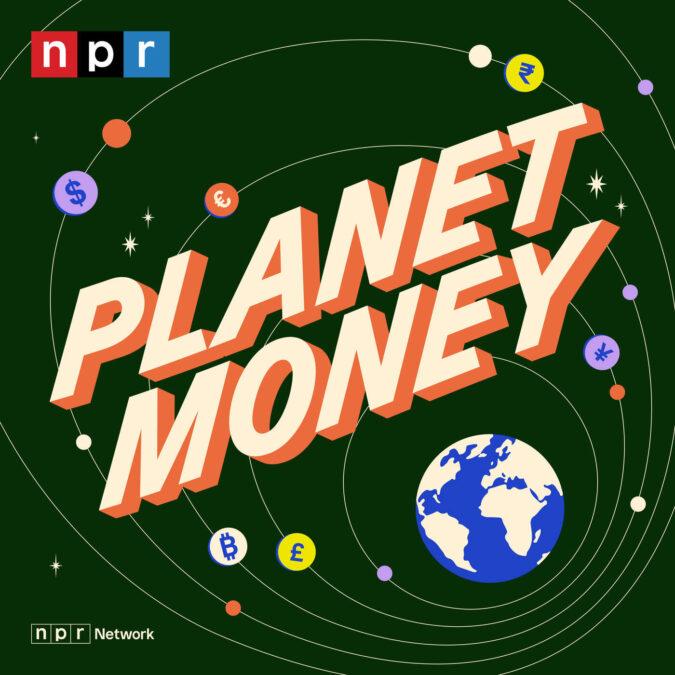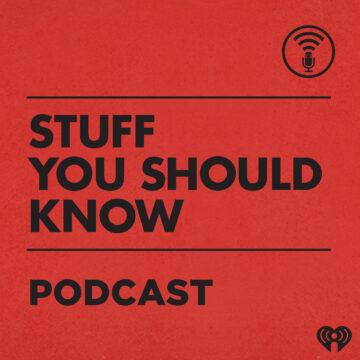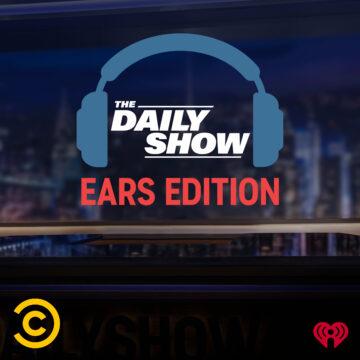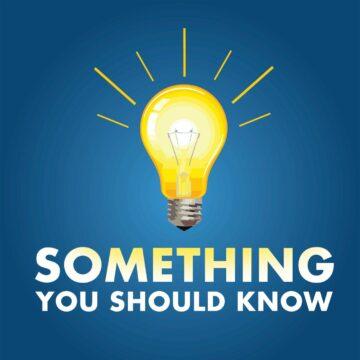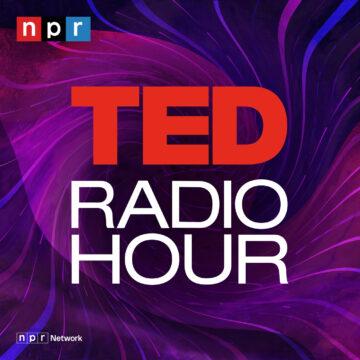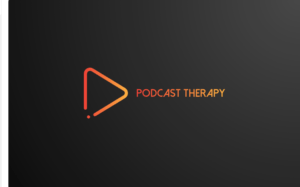There’s this fundamental question in economics that has proven really hard to answer: What’s a good way to help people out of poverty? The old-school way was to fund programs that would support very particular things, like buying cows for a village, giving people business training, or building schools.
But over the past few decades, there has been a new idea: Could you help people who don’t have money by … just giving them money? We covered this question in a segment of This American Life that originally ran in 2013. Economists who studied the question found that giving people cash had positive effects on recipients’ economic and psychological well-being. Maybe they bought a cow that could earn them money each week. Maybe they could replace their grass roofs with metal roofs that didn’t need fixing every so often.
The success of just giving people in poverty cash has spawned a whole set of new questions that economists are now trying to answer. Like, if we do just give money, what’s the best way to do that? Do you just give it all at once? Or do you dole it out over time? And it turns out… a huge new study on giving cash was just released and it’s got a lot of answers.
Help support Planet Money and get bonus episodes by subscribing to Planet Money+ in Apple Podcasts or at plus.npr.org/planetmoney.
